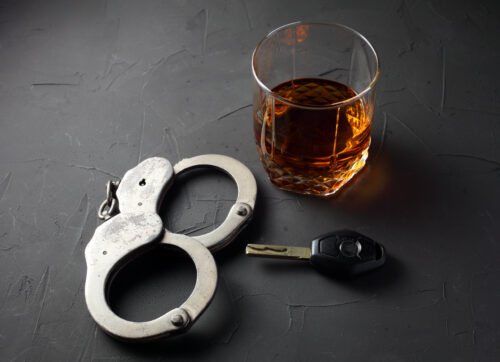
If a law enforcement officer suspects you of driving while under the influence (DUI) and pulls you over in South Carolina, they will likely request a field sobriety test. Motorists should be aware of their legal rights, especially regarding these standardized tests. Please continue reading as we explore the potential repercussions of refusing a field sobriety test in South Carolina and how an experienced Chesterfield County DUI Lawyer can defend your rights.
What is a Field Sobriety Test?
DUI investigations often rely on field sobriety tests to establish probable cause for an arrest. Administered roadside during traffic stops, these tests assess various aspects of driver impairment, including coordination and cognitive abilities. Three standard tests are typically conducted to determine a driver’s intoxication:
- The Horizontal Gaze Nystagmus Test: Officers will observe involuntary eye jerking while tracking a moving object.
- The Walk-and-Turn Test: Subjects walk heel-to-toe, turn, and return in the same manner. Officers will look for clues of impairment, such as loss of balance, starting too early, or stopping.
- The One-Leg Stand Test: Balancing one foot while counting aloud, until told to stop. Officers will watch for signs of impairment like swaying, arm use for balance, and lowering the foot.
Despite their use in determining impairment, these standardized tests are not foolproof and can be influenced by various factors unrelated to intoxication.
Can I Refuse to Participate?
In South Carolina, you can refuse to perform a field sobriety test. These tests are optional in the eyes of the law. However, it’s essential to understand the implications of refusing to perform them. Unlike refusing a breathalyzer or blood test, which has distinct statutory consequences, refusing field sobriety tests doesn’t typically result in immediate driver’s license suspension.
It’s important to note that refusing to perform a field sobriety test might lead an officer to rely more heavily on other evidence of impairment, like your erratic driving behavior, the smell of alcohol, or your physical appearance, to establish probable cause. While you have the right to refuse, the result can be noted and potentially used against you in court to argue that you were attempting to conceal your impairment. However, your attorney can challenge this assertion.
Understanding your rights and the legal implications of your actions is crucial when faced with a field sobriety test. If you are facing a DUI charge in South Carolina, please don’t hesitate to contact a skilled attorney from The Cockrell Law Firm, P.C., who can provide tailored advice and help you navigate the complexities of the criminal justice system. Connect with our firm today for more information.